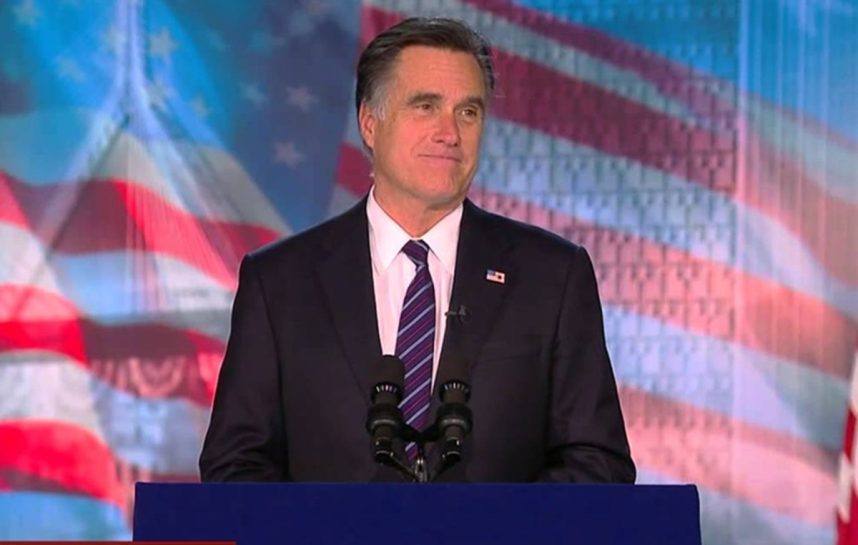Date: September 17, 2024, 10:12h.
Last updated on: September 17, 2024, 10:13h.
The Commodities and Futures Trading Commission (CFTC) recently highlighted a $7 million bet on Mitt Romney to win the 2012 presidential election as a prime example of potential manipulation in political event betting.

The CFTC is currently in a legal tussle with Kalshi, a New York-based startup that enables election betting through event contracts. These contracts allow users to speculate on the outcome of specific events with a simple “yes or no” approach.
In a recent development, a federal judge in Washington, DC ruled in favor of Kalshi, allowing the platform to accept election bets starting September 12. However, following a request from the CFTC, a federal appeals judge promptly blocked these contracts on elections, pending further arguments from both parties scheduled for later this week.
The incident involving Mitt Romney’s bet highlights the risk of manipulation in political event betting.
Rogue Trader
Prior to the 2012 election, an unidentified trader placed significant sums on Romney on an online trading exchange called Intrade. This trader accounted for a substantial portion of all bets on Romney’s victory and Obama’s defeat.
An economic paper from 2015 analyzing the event suggested that the trader’s actions were aimed at manipulating beliefs about victory odds rather than solely for financial gain.
Kid Rock Hoax
The CFTC also referenced a fake poll from 2017 that falsely claimed musician Kid Rock was leading the U.S. Senate race in Michigan. This hoax impacted the price of reelection contracts for Michigan Senator Debbie Stabenow, with speculations suggesting a group of gamblers orchestrated the hoax to manipulate betting positions.
Warning against the dangers of election gambling on futures exchanges, the CFTC emphasized the potential public harm of allowing an increase in such activities.


